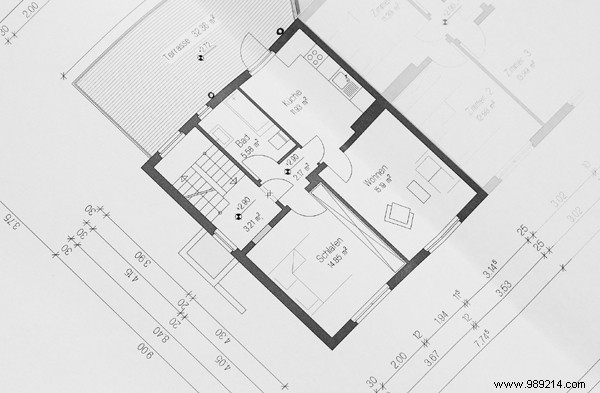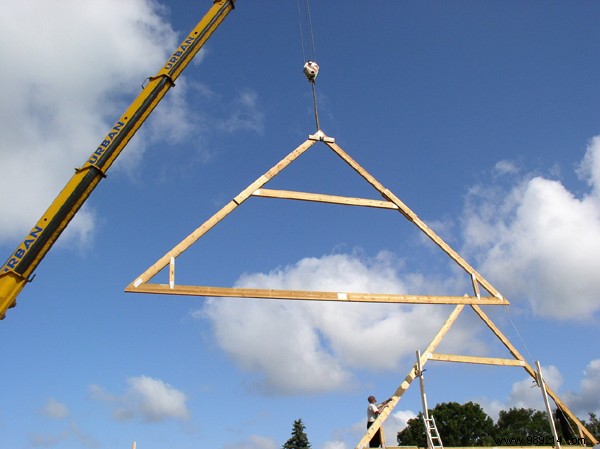
Building a house in the rules of the art, many would like to do it but very few know the essential steps. Here is more information on this topic.
The first step is to find the most suitable location to build your house. This is in any case valid if the interested party does not yet have land on which he would like to build. The comfort of the inhabitants will indeed depend on this location if we consider, for example, the proximity of schools for children, workplaces for adults, shops and public transport services.
This place will also affect the value of the property, especially on resale. It is never too early to think of such a project. As for the land itself, it can be located in a housing estate or in a more isolated area, provided it meets your means and your expectations. It is advisable to get good information from the town hall's town planning department to ensure that it is also constructible. If the land needs to be serviced, the future owner must spend 5,000 to 15,000 euros on it.
This step is not mandatory, unless the living area of the house will be more than 170m2. However, it is recommended because this professional can optimize the layout of the rooms and he knows about the standards that apply to new constructions. It can also achieve an impeccable plan layout. If the person concerned does not wish to spend money in this process, he can always turn to these manufacturers who have catalogs containing predefined plan models.
Any construction of a house must be preceded by a building permit, issued by the town hall of the municipality concerned. If the interested party has not called on the services of a builder, he must collect all the documents necessary for this purpose and proceed with the procedures for obtaining this permit. Among the mandatory documents to be provided are a notice presenting the project and describing the land, a plan of the location of the land, a sectional plan of the land and the construction as well as a master plan of the constructions to be made.
In most cases, future owners request a mortgage from their bank or any other credit organization to finance their project. However, it is advisable to bring, in the worst case, 10% of the established budget. It is also essential to consider that the debt ratio should not exceed 33%. It is therefore advisable to compare the rates and repayment terms before deciding to contract.

The majority of future owners call on a builder to carry out their project. The best would be to find one with a good reputation in the region and who is affiliated with a professional union. Either way, a contract should be signed with the crucial details such as the description of the house, the cost necessary for its realization and the deadline for delivery.
However, it is quite possible to use a project manager, who will supervise all the work on behalf of the future owners, or to opt for self-construction. In this case, the interested party will coordinate all the craftsmen contacted to build the house.
Many future owners make the mistake of not regularly visiting the site. However, this allows you to see if the work is progressing correctly and if the schedule is being respected. Taking stock with the builder, the project manager or the craftsmen can also and above all help to prevent possible problems.
When the house is built and the keys are in the hands of the owner, an expert should be called in. The latter can track down any imperfections and thus help the owner to solve any problem that arises as soon as possible. Once all the points have been settled, after the acceptance of the works, the manufacturer's ten-year guarantee will come into play.